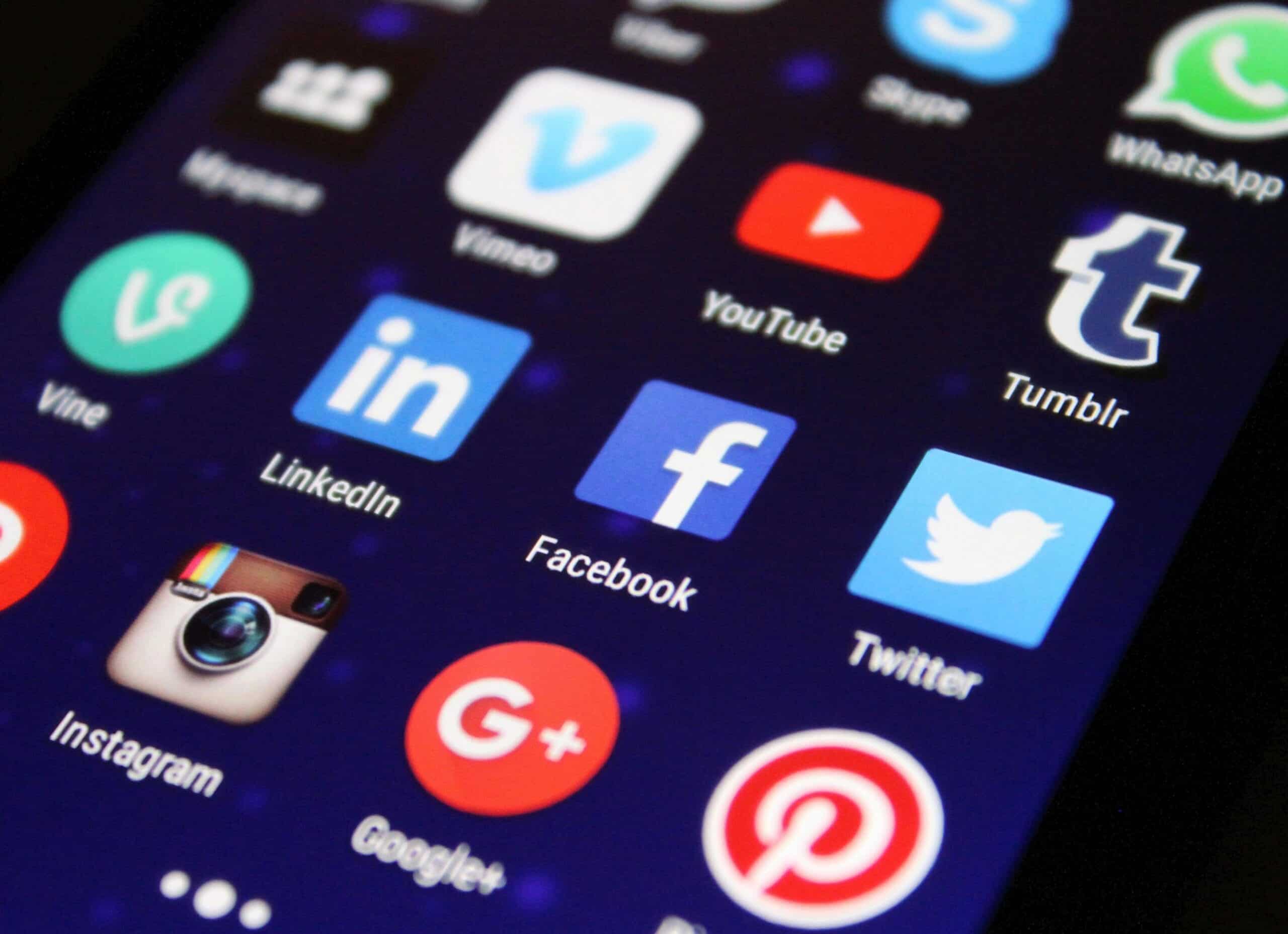
Monica Lewinsky has once again sparked discussions about the scandal that shook the White House in the late 1990s. In a recent interview on the “Call Her Daddy” podcast, she stated that former President Bill Clinton should have resigned following their affair, which led to his impeachment for lying under oath. Her remarks have reignited debates on accountability, power dynamics, and the impact of the scandal on her life and career.
A Look Back at the Clinton-Lewinsky Scandal
The Clinton-Lewinsky scandal remains one of the most controversial political events in modern U.S. history. In 1998, Clinton faced impeachment charges after it was revealed that he had an inappropriate relationship with Lewinsky, who was a White House intern at the time. The affair led to charges of perjury and obstruction of justice against Clinton, making him the second U.S. president to be impeached.
During the investigation, Lewinsky became a central figure, facing intense media scrutiny and public shaming. Clinton, on the other hand, remained in office after being acquitted by the Senate. Over the years, Lewinsky has spoken about the long-lasting impact of the scandal on her personal and professional life, using her experiences to advocate against cyberbullying and online harassment.
Why Monica Lewinsky Believes Clinton Should Have Resigned
In her recent interview, Lewinsky reflected on the scandal and its aftermath, suggesting that Clinton should have stepped down instead of continuing to hold office. According to her, his resignation would have set a precedent for accountability, especially for those in powerful positions. She emphasized the need for honesty and responsibility, stating that leaders should not escape consequences for their actions.
She also touched on the power imbalance in their relationship, highlighting how it shaped public perception and discussions around workplace misconduct. The #MeToo movement, which gained momentum decades after the scandal, has further reinforced the importance of addressing such power dynamics in professional environments.
Public Reactions to Lewinsky’s Statement
Lewinsky’s remarks have drawn mixed reactions. Some people believe she is right in calling for accountability, arguing that Clinton’s actions set a poor example for leadership. Others, however, feel that the scandal has been discussed extensively and that revisiting it now may not change historical outcomes.
Political analysts note that while Clinton’s presidency remained intact, the scandal significantly affected his legacy. His impeachment trial remains a key moment in American political history, shaping discussions on ethics, media influence, and political survival.
Monica Lewinsky’s Advocacy and Career Today
In the years since the scandal, Lewinsky has transformed her public image. She has become a vocal advocate against online bullying and harassment, sharing her experiences to help others facing public shaming. Through TED Talks, articles, and interviews, she continues to discuss the consequences of public humiliation and the need for a more compassionate digital culture.
She has also worked on various initiatives that promote mental health awareness and the responsible use of social media. By reclaiming her narrative, Lewinsky has shifted from being defined by the scandal to becoming a respected voice in digital ethics and social justice.
Final Thoughts
Monica Lewinsky’s recent statement about Bill Clinton’s resignation reignites important conversations about leadership, accountability, and the role of power in professional relationships. Whether people agree with her or not, her words serve as a reminder of how past events continue to influence political and social discussions today.
As the world evolves, so do perspectives on issues like workplace ethics and political responsibility. Lewinsky’s story remains relevant, offering valuable lessons on resilience, integrity, and the lasting impact of major public controversies.
For more trending news and updates, stay tuned to Focus Global News!





